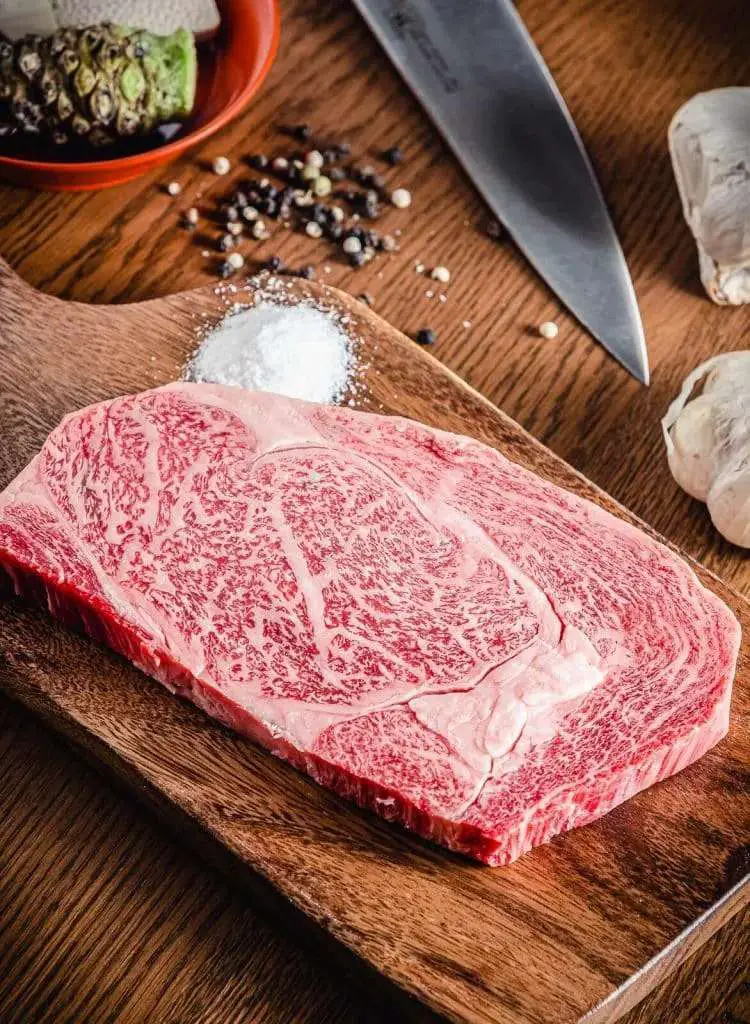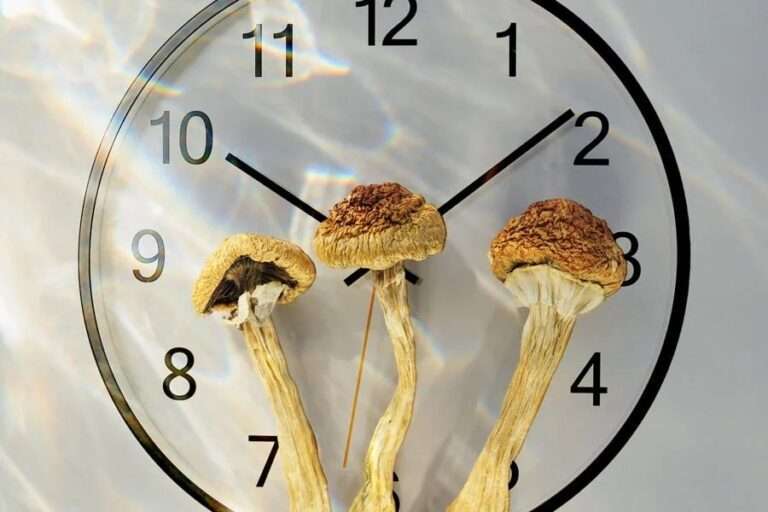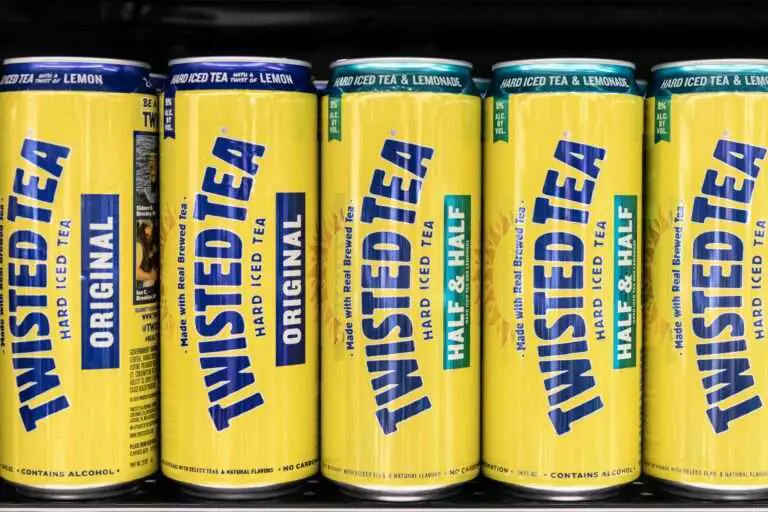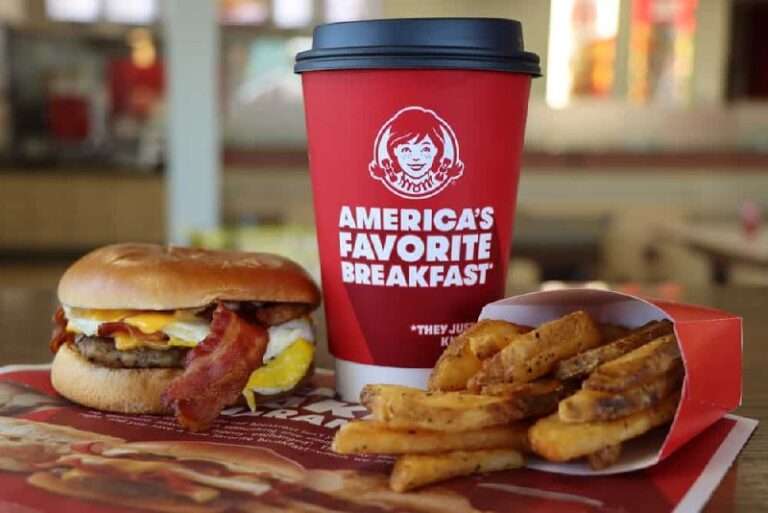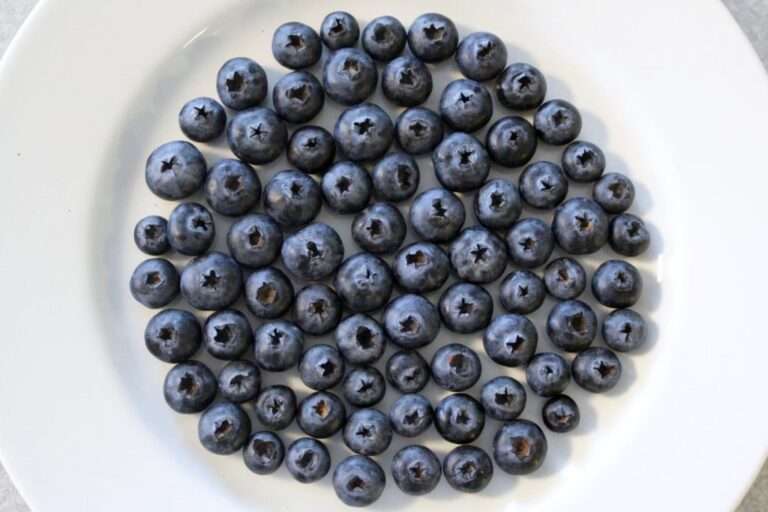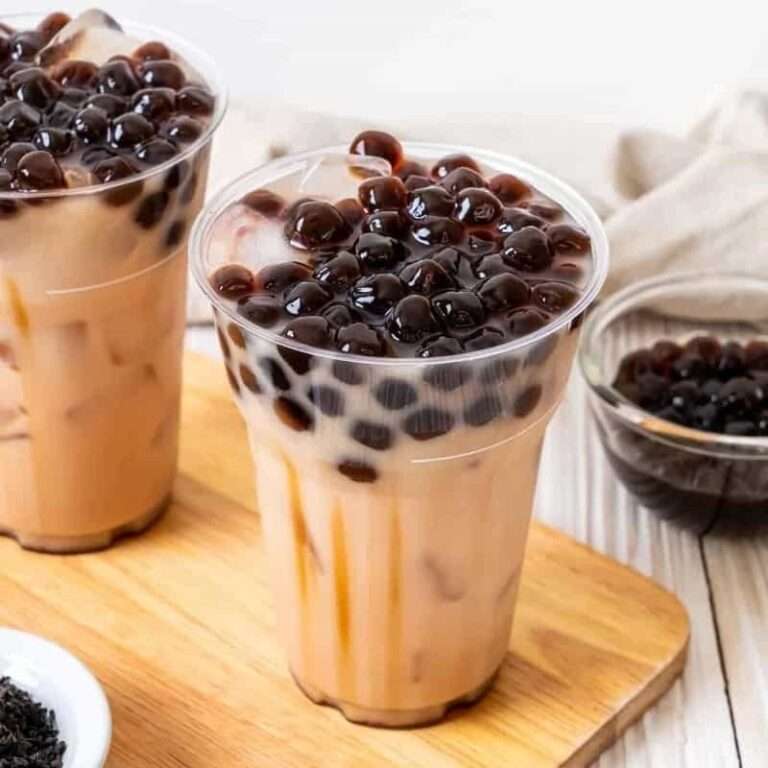What is Wagyu Beef Made From?
Wagyu beef comes from a specific breed of cattle known as Wagyu, which originated in Japan. These cattle are known for their distinctive marbling and high-quality meat.
introduction: What is Wagyu Beef Made From
Wagyu beef stands out in the culinary world for its exceptional texture and flavor, a preferred choice among gourmets and chefs alike. Originating from Japan, this delicacy is produced from the carefully raised and genetically unique Wagyu cattle. Renowned for its intense marbling and tenderness, Wagyu beef offers a succulent, buttery taste unparalleled by other beef varieties.
This premium meat is rich in mono-unsaturated fats, contributing to its melt-in-the-mouth appeal and making it a luxurious option for special occasions. Its production involves stringent feeding practices and meticulous genetic selection, ensuring the highest standards of quality and consistency that justify its often-higher market price. Whether it’s the famed Kobe beef from the Hyogo prefecture or variants raised internationally, Wagyu beef continues to captivate the palates of meat connoisseurs worldwide.
The Origins Of Wagyu Beef
Wagyu beef boasts a reputation for being one of the most exquisite meats in the world. The term ‘Wagyu’ simply means ‘Japanese cow’, referring to breeds developed in Japan. Known for its marbling, tenderness, and flavor, Wagyu beef has a history that enhances its allure.
The Wagyu Breed
Wagyu cattle come from a long line of hereditary strains. Originating in Japan, these cattle were initially used for agriculture, revered for their physical endurance. Over centuries, breeders fine-tuned these animals for better meat quality.
In the late 1800s, crossbreeding with international cattle began. Soon, Japan prohibited further crossbreeding to protect the lineage. Today, the purity of Wagyu genetics is a priority.
| Characteristic | Description |
|---|---|
| Marbling | High intramuscular fat, evenly distributed. |
| Color | Rich, vibrant red with white marbling. |
| Texture | Supremely tender and buttery. |
| Flavor | Intense, rich, and unique. |
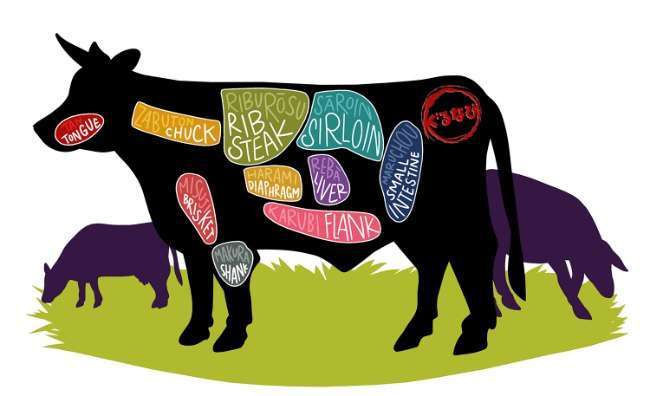
Regional Varieties
Japan classifies Wagyu beef into several key types. The region where a Wagyu cow is raised influences its flavor profile.
- Kobe – The most famous Wagyu, with a legendary melt-in-mouth feel.
- Matsusaka – Known for cattle raised by female farmers, resulting in incredible tenderness.
- Omi – One of the oldest Wagyu with a history dating back centuries.
- Yonezawa – Appreciated for its exquisite marbling and full-bodied flavor.
Each region has unique feeding techniques and traditions that shape the beef’s final characteristics. These distinct practices contribute to the unmatched quality of Wagyu beef enjoyed by gourmands worldwide.
Unique Traits Of Wagyu Cattle
Welcome to the world of Wagyu beef, a delicacy that hails from Japan and is renowned for its exceptional quality and flavor. What makes Wagyu beef stand out is the unique traits of Wagyu cattle. These animals possess characteristics that set their meat apart from any other type of beef. Let’s dive into the specific traits that contribute to the esteemed reputation of Wagyu beef.
Genetic Factors
Wagyu cattle are the result of centuries of careful breeding. They have a genetic predisposition that contributes to their meat’s quality. This includes a natural tendency to produce more intramuscular fat cells – the fat that’s found within the muscle tissue. This fat is also known as marbling. Wagyu DNA results in cattle that are calmer and gain weight easily, factors that augment the beef’s unique characteristics.
Distinctive Marbling
- High Fat Quality: The marbling in Wagyu beef is largely composed of monounsaturated fats. These fats have a lower melting point. This means they can melt at room temperature, which adds to the beef’s melt-in-your-mouth texture.
- Even Distribution: Wagyu beef’s marbling is also distinctive because it is more evenly distributed throughout the muscle. This ensures every bite is creamy and full of flavor.
- Health Benefits: The fats found in Wagyu beef have a higher ratio of monounsaturated fatty acids to saturated fatty acids. This can reduce bad cholesterol levels and increase good cholesterol, offering potential health benefits.
The grade of Wagyu beef is often determined by its marbling. The more extensive and even the marbling, the higher the grade. While all Wagyu beef is known for marbling, the finest cuts showcase a level of fat distribution that is unparalleled in other breeds of cattle.
The Diet Of Wagyu Cattle
Wagyu beef is famous for its superior quality and taste. This quality comes from the special diet of Wagyu cattle. Here’s how their feeding practices impact the beef’s flavor and texture.
Feeding Practices
Food matters a lot for Wagyu cattle. These cows eat different food from regular beef cows. They get a mix of grains, grass, and in some cases, beer or sake by-products. This diet gradually changes as they grow.
- Calf stage: They start with their mother’s milk.
- Growing stage: They eat rice straw, grass, and grain.
- Later stage: The diet includes more grain to build fat.
A Wagyu’s diet is more than just filling their stomachs. It’s carefully planned and often includes local foods. This helps the cattle stay healthy and makes their meat better.
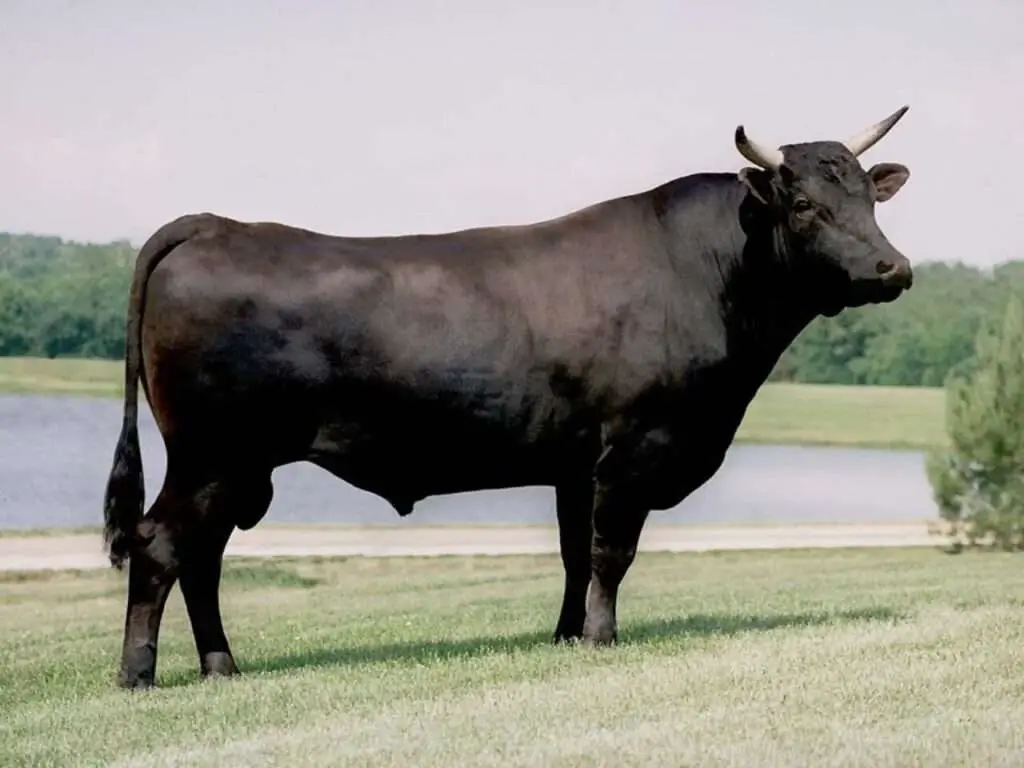
Impact On Flavor And Texture
The special Wagyu diet makes a big difference. The food they eat helps create the marbled fat inside the meat. The fat is soft and melts at a low temperature. This makes the meat very juicy and tender.
| Type of Feed | Impact on Beef |
|---|---|
| Grains (like corn) | More marbling, adds sweetness |
| Grass | Firmer texture, earthy flavor |
| Beer or sake by-products | Enhances marbling, adds unique flavor |
Each bite of Wagyu beef tells the story of its unique diet. The food these cows eat is directly linked to the buttery taste. It also creates a velvety texture that is a delight in every bite. When you enjoy Wagyu, remember its one-of-a-kind diet is a big reason why it’s so delicious.
Ethical Farming Practices
Wagyu beef stands apart not just for its rich marbling and extraordinary taste. Behind its luxurious texture lies a deep commitment to ethical farming practices. These practices ensure that every steak comes from a system that respects the environment and the well-being of the cattle.
Rearing Conditions
The rearing conditions of Wagyu cattle are central to producing high-quality beef. Wagyu farmers dedicate immense care to crafting these conditions. They stress factors like adequate space, clean environments, and a stress-free lifestyle for the cattle. Such an approach maximizes the health of the cattle and, by extension, the quality of beef they produce.
- Spacious farms to allow free movement
- Regular health check-ups and care
- Nutrition-rich diets including grains and grasses
- Shelter maintenance to safeguard against harsh climates
Animal Welfare
Animal welfare is a priority in Wagyu beef production. Ethical farmers prioritize the physical and emotional health of their cattle. This humane approach not only reflects ethical standards but also influences the beef’s flavor and texture. Happy cows equate to better beef, and Wagyu farmers ensure that their herds receive utmost respect and care.
- Implementing low-stress handling techniques
- Ample rest periods to promote cattle health
- Access to clean water and natural settings
- Companionship to meet the social needs of the cattle
From Farm To Table
Include relevant keywords for SEO
Wagyu beef starts as cattle grazing on open fields. These cows get the best care and feed. The result? A premium meat, known for its taste and texture.
Slaughter And Butchery
After a life of luxury, Wagyu cattle meet a strict process. Expert butchers turn them into beef.
- Humane slaughtering keeps the quality high.
- Each cut is hand-carved for precision.
- Safety checks ensure top-notch beef.
Aging And Processing
Aging is key for flavor and tenderness in Wagyu beef. This step cannot be rushed.
- Dry aging lets flavors concentrate.
- Wet aging in vacuum seals enhances tenderness.
- The beef is then trimmed and packaged.
Culinary Uses
Cooks prize Wagyu beef for its versatility in dishes.
| Cut of Beef | Use |
|---|---|
| Ribeye | Perfect for grilling. |
| Tenderloin | Great for steak dishes. |
| Brisket | Ideal for slow cooking. |
Why Wagyu Stands Out
Imagine a beef so rich, it melts like butter on your tongue. Wagyu beef is that legendary meat, renowned globally for its velvety tenderness, intense flavor, and well-distributed, creamy marbling. Originating from Japan, Wagyu refers to specific breeds of cattle like the famous Kobe, Matsusaka, and Ohmi. These cows enjoy special diets and care routines. The resulting meat is a luxurious, unparalleled experience. Let’s dive into why Wagyu beef is in a league of its own.
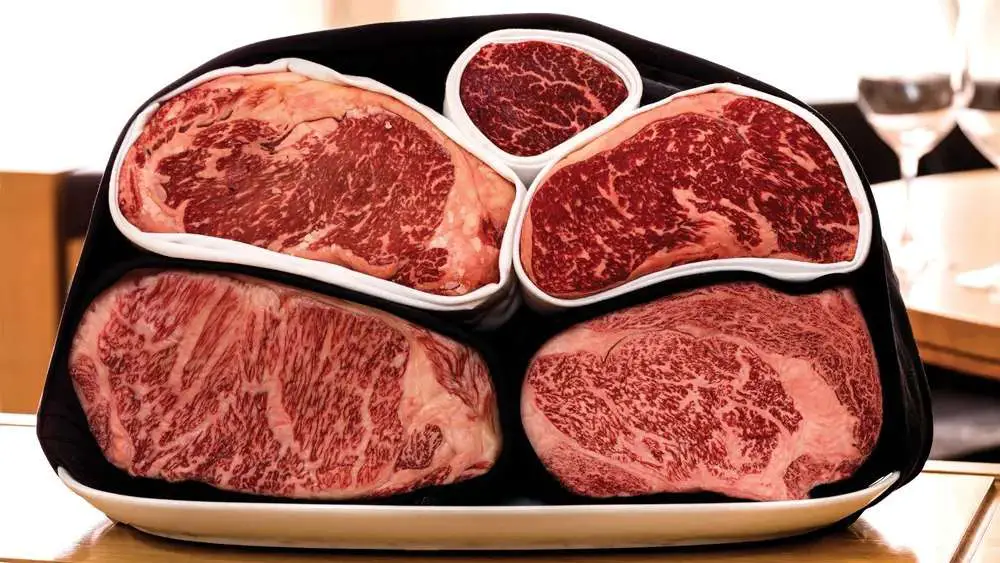
Comparative Analysis With Other Beef
| Feature | Wagyu Beef | Regular Beef |
|---|---|---|
| Marbling | Extensive intramuscular fat | Minimal marbling |
| Taste | Rich, buttery | Less intense |
| Texture | Incredibly tender | Varies, often tougher |
| Price | Higher due to quality | More affordable |
Wagyu beef’s marbling is superior and contributes to a more intense flavor and tenderness than regular beef. While both can be part of a delicious meal, Wagyu offers an exclusive experience that commands a higher price.
Global Recognition And Demand
Wagyu beef has earned a stellar reputation that crosses continents. Its fame hinges on the extraordinary eating experience it provides. This demand makes it a prestigious item on menus around the world.
- Top chefs covet it for their high-end dishes.
- Consumers seek it for special occasions.
- International markets price it for its quality.
Such admiration has made Wagyu synonymous with luxury. It stands as a benchmark for the finest beef one can enjoy. Sought after by gourmands and food enthusiasts alike, Wagyu has a taste that resonates with epicureans globally.
Frequently Asked Questions On What Is Wagyu Beef Made From?
What Exactly Is Wagyu Beef?
Wagyu beef is a high-quality Japanese beef known for its remarkable marbling and tender texture. It comes from specific breeds of Japanese cattle which have genetic predispositions for intense marbling. Their diets and raising methods contribute to the beef’s unique flavor profile.
How Is Wagyu Beef Graded?
In Japan, Wagyu beef is graded based on marbling, color, brightness, firmness, texture, and fat quality. The grades range from 1 to 5, with A5 representing the highest quality. This grading ensures the beef’s exceptional taste and tenderness.
What Breeds Comprise Wagyu Cattle?
Wagyu cattle encompass several breeds, the most famous being the Japanese Black, Japanese Brown, Japanese Polled, and Japanese Shorthorn. The Japanese Black breed contributes significantly to the Wagyu meat’s distinct marbling characteristics.
Why Is Wagyu Beef So Expensive?
Wagyu beef’s high cost stems from the meticulous care and time dedicated to raising Wagyu cattle. The labor-intensive feeding techniques, controlled breeding, and strict grading standards all factor into the premium price of this luxury meat product.
Conclusion
Understanding Wagyu beef is key to appreciating its value. It’s reared with care, resulting in distinctive marbling and unparalleled taste. Now that you’re clued in on its origins, you can savor Wagyu knowing it’s the pinnacle of quality in beef offerings.
Next time you indulge, remember it’s not just a meal, it’s an experience born from tradition and expertise.


